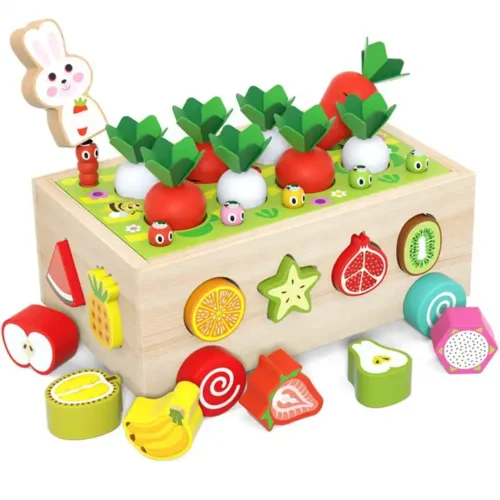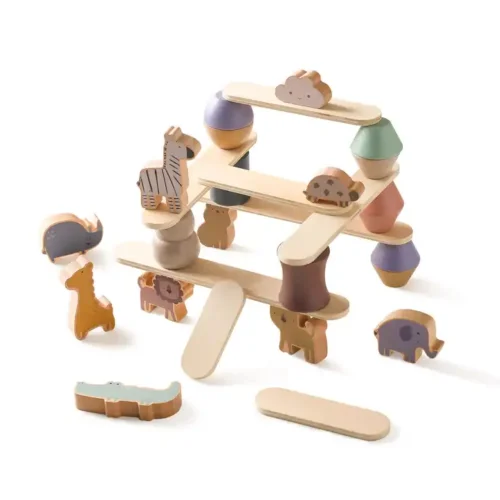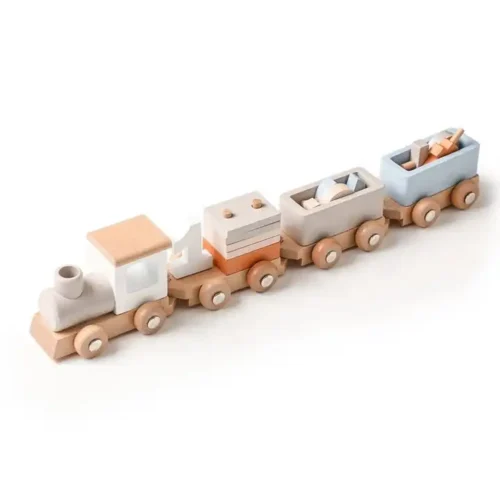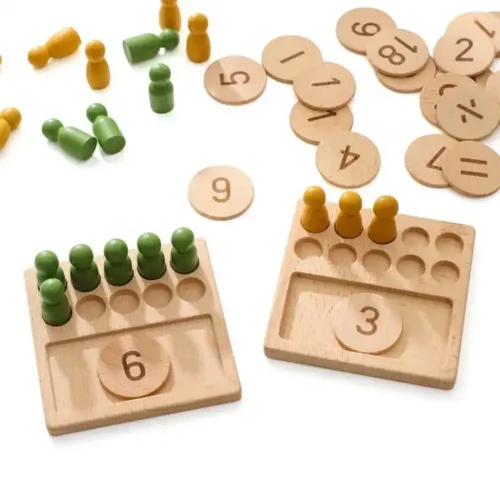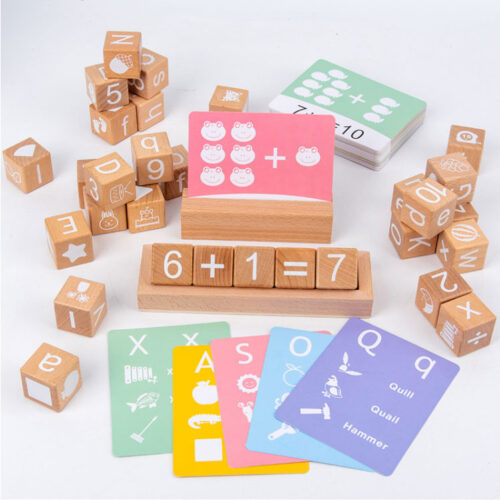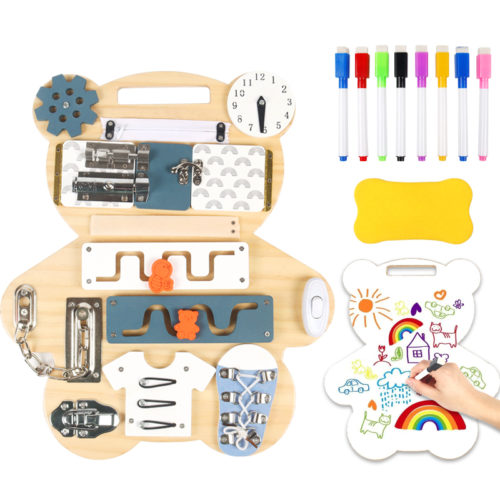It is unarguably true that children are always learning even while they are having fun, watching adults or just interacting with others. As a new parent or even a seasoned parent, you should be teaching your children great things and supporting them throughout.
However, if you find it overwhelming or challenging to discover which skills your toddler should be taught first, then you are at the right place. Here are a few skills listed below that you must give more importance to than the others at the early stage.

Sharing
A baby usually hands over their things to anyone around. However, as they transform into a toddler, these things change with time and they are seen becoming territorial or simply stubborn. As a parent, you must try not to be aggressive towards your child when wanting something from them.
Rather you should teach them the importance of sharing by taking turns. Apart from that, teach them to share in public spaces where people with diverse family rules may be present. For instance, you can allow your child to play on the swing for a while and then let them know that it’s now someone else’s turn.
Building Concentration
Concentration is much more than just being busy. It can be understood as complete focus or complete engagement of all the senses. As a parent, it may be difficult to help your child build concentration.
However, you can start helping them by avoiding interruptions, watching what they repeat, and helping them as needed and required alongside building a work area for themselves. Also, make sure to offer them less stuff to concentrate on as it will avoid making them feel overwhelmed.
Dealing with Frustration
Your child may come across activities which might frustrate them. There may be times when they will give up easier activities while indulging in the challenging ones for a longer period of time. However, as a parent who is supportive, you should not be always ready to jump when needed.
Give them the space required to deal with a situation and assist them to hop back to it again. Also at times when you find their frustration to transform into anger – give them the space to show their emotions and try things for the second time. It is important that you let your child know that frustration is a part of learning.
Dealing with an Introvert Child
There are children who are introverted in nature and find it difficult to socialize with others. As parents, you must not judge them or label them as shy and consider them to be unconfident. Make sure that you do not compare them with the other siblings. Rather as parents you should make them feel accepted and safe around you.
Allow yourself to see things from their perspective. Talk to them in advance and give them the space to get prepared for a situation that could make them nervous. Also assisting them in building skills through role-playing, asking for excuses when they need a break, teaching them to learn their body language and others. When you do this, you will be helping to overcome situations with time.
Dealing with Hitting / Biting / Pushing Phrase
Toddlers learn different ways of communicating. Some may use words while others may use actions that include hitting, biting, pushing, throwing and so on. As parents, if your child is in the same phase that includes biting, pushing, throwing or hitting, then you should observe the time these actions are taking place and what is it that is triggering them.
Also do not forget to look around you to discover where they are learning these activities from. Let them know that they are allowed to have feelings but such behaviours are not acceptable. They must be assisted in making amends as well. However, make sure that you do not react poorly to them and keep in mind that your emotions matter the most.
Dealing with a Clingy Child
Some children are so clingy that they would not want you to leave the room even when using the toilet. There could be many reasons why your child is clingy including sickness, change in the work situation, lack of independence and so on.
In such cases, you must not neglect your child completely nor fully be attentive towards them. Rather you can help them by firstly playing with them. Then playing a little less with them and watching over them more. Include them in daily life activities and try to understand besides making them feel safe.
Screen Time
It is a digital world and people are just living in it. However, it is important to know that screens do not provide rich learning compared to what hands-on learning and experiences would offer. When a child uses a screen it affects their sleep, attention levels, and physical health alongside their relationship with others.
In order to keep your child safe from the digital world and keep them involved in real-life experiences, you are suggested to keep screens out of their reach and sight. If they find it boring, involve them in daily activities or do something fun together.
Interrupting an Adult
Children are often seen interrupting while two adults are talking and this is often considered a bad habit. However, it can be dealt with easily if you teach your child the best way to interrupt. For example, when you are talking over the phone with someone and find them approaching you to interrupt, you can tap on your shoulder and ask the child to put their hand over there.
This will make them understand that you know that they have something to say. Then as soon as you can, you can ask them what they have to say. It is important to understand that this practice would really take time but definitely works.
Bilingualism
Another skill that your child should be prepared for is bilingualism. This is because children have an absorbent mind and are likely to be in a sensitive stage of language acquisition.
When they are exposed to more than one language, they are likely to put in the effort to learn and understand it. If you and your partner speak two different languages at home, then try to be consistent with it with your child so that they get to learn both of them. On the other hand, you are not suggested to mix up as it should be OPOL – One Person, One Language.

